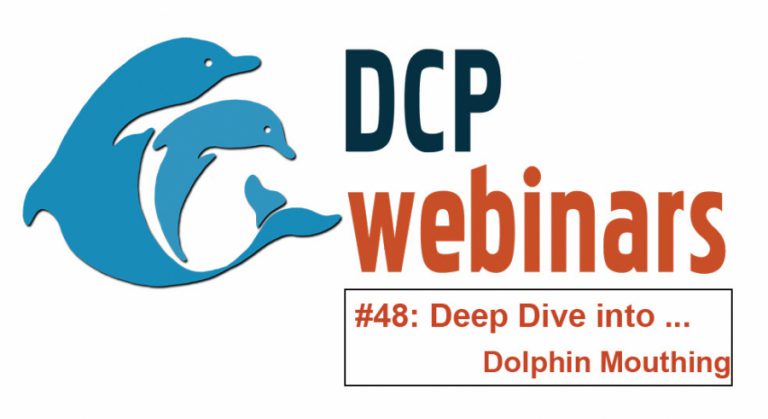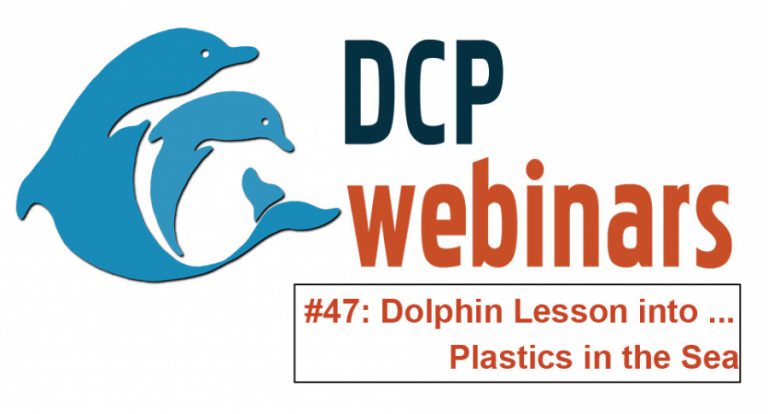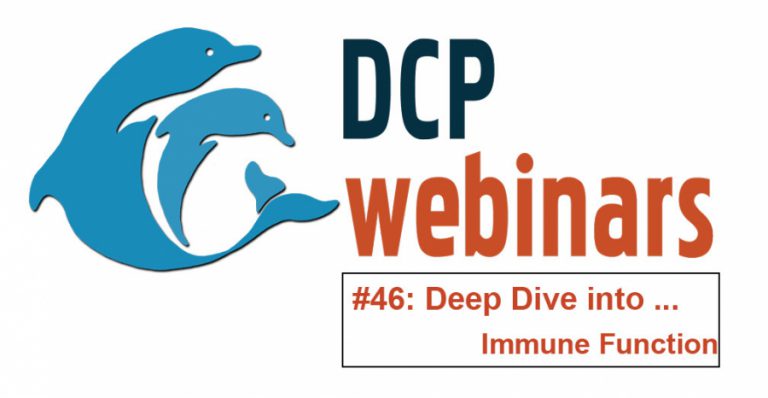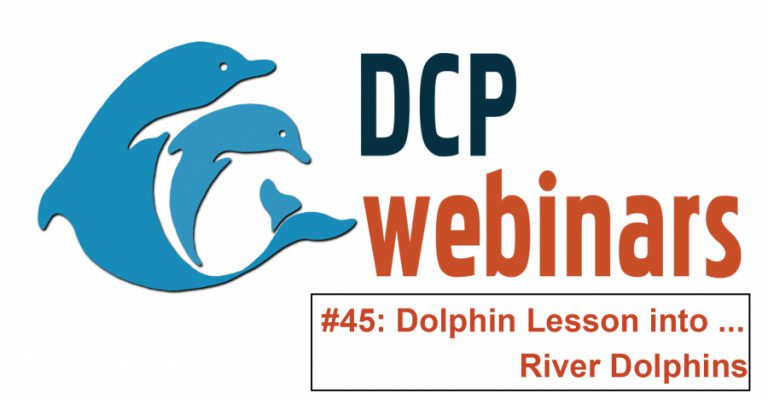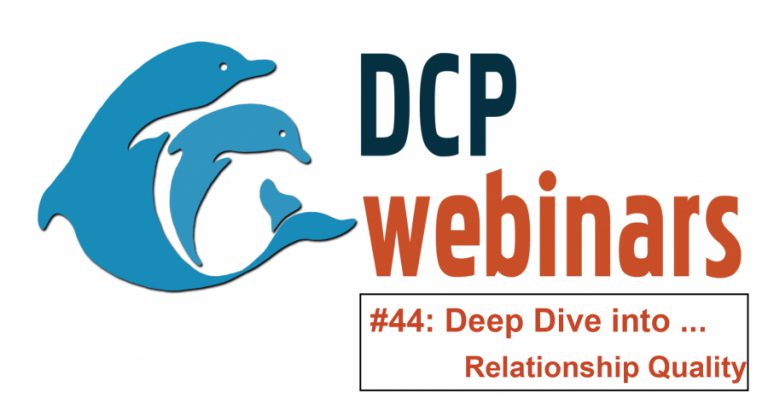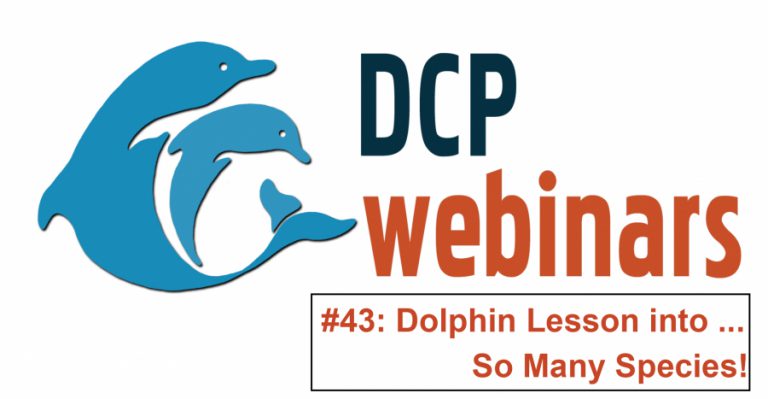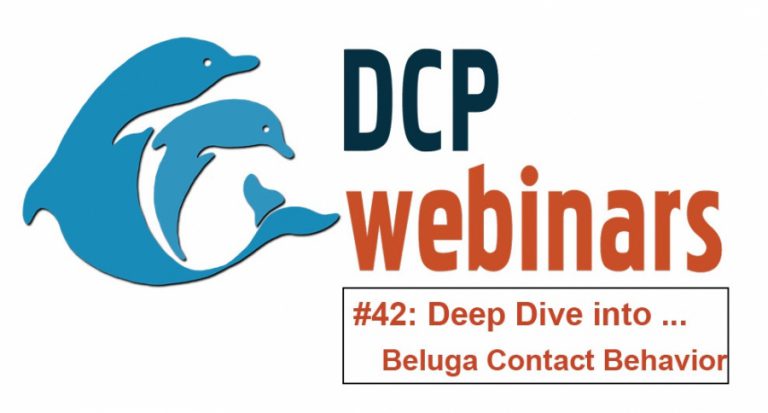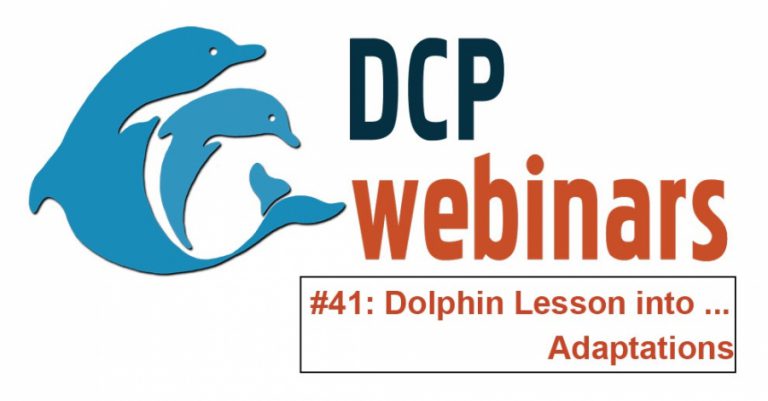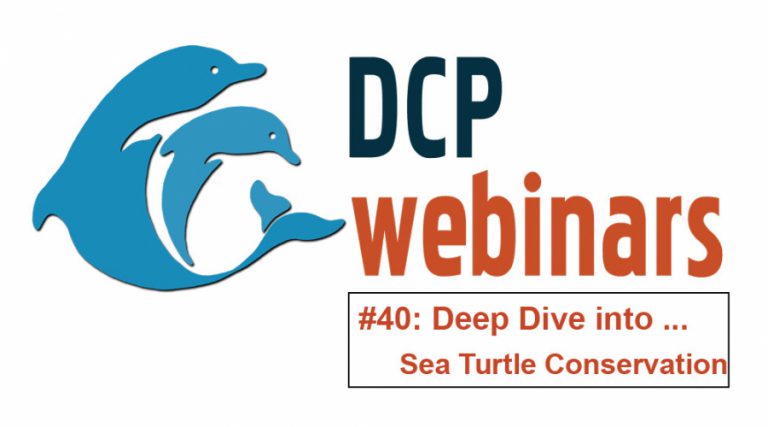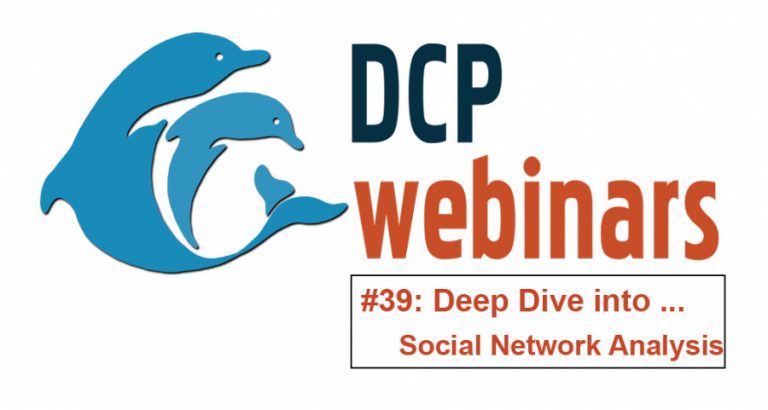Below you’ll find an archive of DCP’s webinars. “DCP Dives Deep into…” programs are geared toward ages 14+ and “DCP Dolphin Lessons” are designed with ages 6 – 13 in mind. But, all are family-friendly, so all ages are encouraged to listen and watch. If you are new to DCP, scroll down and be sure to check out our very first webinar, “Dolphin Communication Project: Who We Are” to get a better sense of who we are and what we do. Interested in more online content? Our podcast, The Dolphin Pod, can be found at this link, Spotify, Apple, or by looking under ‘The Knowledge Hub’ tab.
And, don’t miss our Kids Science Activities!
DCP Deep Dive: Dolphin Mouths – not just for eating!
In this Deep Dive, Dr. Erin Frick of Eckerd College returns to the DCP lineup. This time, she discusses studying the function of behavior, focusing on her research on bottlenose dolphins using their mouths to communicate visually, acoustically, and tactilely.
DCP Dolphin Lesson: Plastic Free Seas
In this Dolphin Lesson, Ms. MaryEllen, from Mystic Aquarium, discusses plastic pollution, which is found in almost every marine habitat around the world. From plastic bags, straws, and balloons that are carried hundreds of miles through watersheds to the items that are found directly along the coastal; this presentation explores how plastics enter the waterways, the impact of plastics on marine species, and efforts to address this global problem.
DCP Deep Dive: Immune Function and Diving: new considerations in marine mammal health and conservation
In this Deep Dive, Dr. Laura Thompson, Research Scientist at Mystic Aquarium, talks about her unique research linking dive behavior and health, by studying immune responses in marine mammals. While Dr. Thompson focuses on beluga research, she also talks about the recent renewed interest in dive physiology, and how understanding the link between behavior and health in diving mammals can help inform conservation concerns in changing ocean environments … and can even benefit human health!
If Dr.
DCP Dolphin Lesson: River Dolphins
In this Dolphin Lesson, recorded on 16 March 2021, DCP heads out of the ocean and into the river! Our friend Dr. Erin Frick, of Eckerd College, talks about what the river dolphins are, where they live, their behavior, how they communicate, and how they are different/similar to saltwater dolphins.
DCP Deep Dive: Relationship quality in dolphins
In this Deep Dive, recorded on 11 March 2021, DCP’s former master’s student and current collaborator, Manon Themelin discusses relationships, and more precisely the quality of relationships, in dolphins. She describes how we are studying “RQ” with dolphins at RIMS and Bimini. This program is geared toward ages 14 and up.
It is also available on DCP's YouTube channel to find more archived programs. On our website, you can also find free, downloadable STEAM activities for kids (look under the education tab).
DCP Dolphin Lesson: So Many Species!
Do you know how many dolphin species there are? Which species DCP studies? Your favorite? In this Dolphin Lesson, DCP will guide listeners through some of the dolphin species out there – from the well-known to the obscure.
This program is geared toward ages 6-13, but all are welcome.
DCP Deep Dive: To Touch or Not To Touch – The Quirks of Beluga Contact
In this Deep Dive, DCP’s good friend Dr. Heather Hill answers questions like, How do belugas contact one another? How do belugas use contact in their social interactions? Are there any differences between wild belugas and belugas in human care? Dr. Hill is a comparative psychologist and full professor of psychology at St.
DCP Dolphin Lesson: Dolphin Adaptations
Why are dolphins shaped that way? How do they keep water out of their blowholes? Join us for a rundown of some awesome dolphin adaptations!
This program is geared toward ages 6-13, but all are welcome. Check out the details and see which is your favorite adaptation!
Missed our earlier webinars? Check out the previous DCP webinar recordings on YouTube here.
DCP Deep Dive: Sea Turtle Conservation
In this Deep Dive, DCP is joined by Kat DeStefano. A professional SCUBA diver since 2005, volunteer and seasonal staff at New England Aquarium Rescue Rehab department for 10 years, and DCP alum (Intern class of 2003-04), Kat has been studying marine animal behavior anecdotally for 20 years.
DCP Deep Dive: Social Network Analysis
In this Deep Dive, DCP is joined by Dr. Nicole (DCP post-doc at FIU). She gives a general introduction to social network analysis, a technique Nicole used to understand the Bimini spotted dolphin social system.

